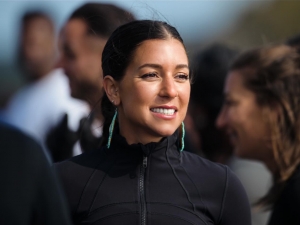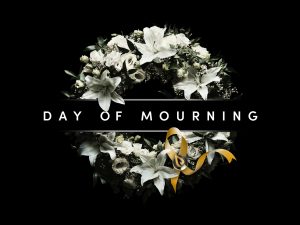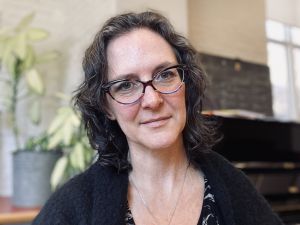Professors Shauna Pomerantz and Dawn Zinga in the Department of Child and Youth Studies co-wrote a piece recently published in the Globe and Mail about the key to surviving and thriving in the first year of university.
Pomerantz and Zinga write:
Thousands of students from across Canada are about to begin university. They’ll tangle with residence, the insanity of frosh week, the euphoria of meeting new friends and the tasks of doing their own laundry, making their own doctor’s appointments and keeping themselves fed. They will also face fast-talking professors in massive lecture halls where students may be watching movies with one earbud tucked under their hair. And, of course, they’ll encounter all the usual excitements that university offers: parties, sex, drugs, alcohol, staying up all night. It’s a heady, privileged and awesome existence.
For years, we’ve taught these amazing freshmen in a survey-style course. You know the kind: 700-plus students, PowerPoints peppered with images, YouTube clips and music; a microphone to reach the very back rows (where the sleepers, movie-watchers and Snapchatters dwell); squeaky plastic chairs attached to wooden flip-up desks; an army of dedicated TAs; and gymnasium exams (where sweat and stress combine to make a palpable aroma). Over the years, we have discussed our love for this sometimes-beleaguered population. They are like no other in university. Young (mostly 18 years old), scared, impressionable, enthusiastic (well, many are) and wide-eyed. The world is their oyster – anything is still possible.
We have watched students thrive, even if they had to deal with a 32 per cent on their first midterm. But we have also watched students barely hang on until the end of exams in April – bushwhacked by the massive amounts of reading required in their courses, an intoxicating social life filled with hangovers, nightmarish roommates and bad breakups/hookups, and the gruelling burden of high expectations (theirs, their parents’, their professors’).
Continue reading the full article here.









